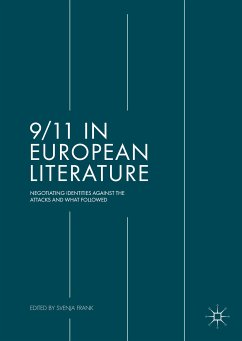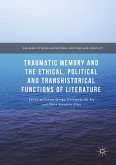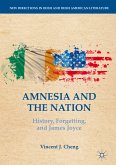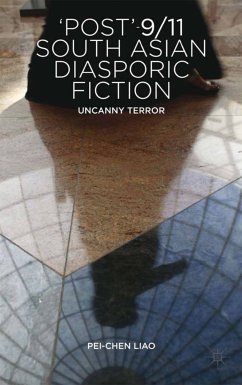This volume looks at the representation of 9/11 and the resulting wars in European literature. In the face of inner-European divisions the texts under consideration take the terror attacks as a starting point to negotiate European as well as national identity. While the volume shows that these identity formations are frequently based on the construction of two Others-the US nation and a cultural-ethnic idea of Muslim communities-it also analyses examples which undermine such constructions. This much more self-critical strand in European literature unveils the Eurocentrism of a supposedly general humanistic value system through the use of complex aesthetic strategies. These strategies are in itself characteristic of the European reception as the Anglo-Irish, British, Dutch, Flemish, French, German, Italian, and Polish perspectives collected in this volume perceive of the terror attacks through the lens of continental media and semiotic theory.
Dieser Download kann aus rechtlichen Gründen nur mit Rechnungsadresse in A, B, BG, CY, CZ, D, DK, EW, E, FIN, F, GR, HR, H, IRL, I, LT, L, LR, M, NL, PL, P, R, S, SLO, SK ausgeliefert werden.









